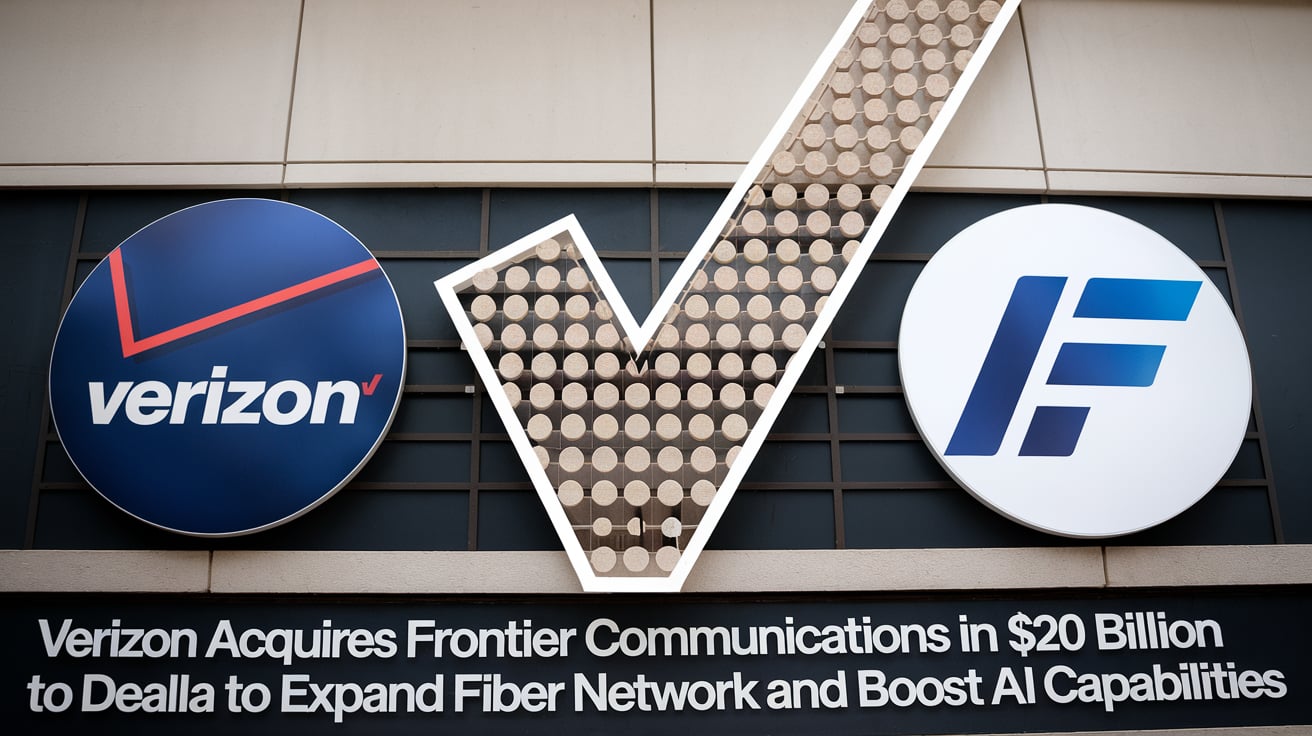
Frontier Communications, based in Dallas, has made significant investments in its fiber network over the past four years, totaling $4.1 billion. The company now derives over half of its revenue from fiber products and boasts 2.2 million fiber subscribers across 25 states. Frontier’s extensive fiber infrastructure includes 7.2 million fiber locations, with plans to expand to an additional 2.8 million locations by the end of 2026.
Verizon, which currently has approximately 7.4 million Fios connections across nine states and Washington, D.C., views this acquisition as a strategic fit. “The acquisition of Frontier is a strategic fit,” said Verizon Chairman and CEO Hans Vestberg. “It will build on Verizon’s two decades of leadership at the forefront of fiber and is an opportunity to become more competitive in more markets throughout the United States, enhancing our ability to deliver premium offerings to millions more customers across a combined fiber network.”
Verizon will pay $38.50 per share for Frontier, and the deal is expected to close in about 18 months, pending approval from Frontier shareholders. The acquisition is poised to significantly enhance Verizon’s fiber network capabilities and support its expansion into AI and connected smart devices.
Despite the strategic advantages, some industry analysts express skepticism about the acquisition's impact. Craig Moffett of MoffettNathanson Research points out that Frontier’s fiber coverage currently represents only 3.5% of the national market. Even with the acquisition, Verizon’s combined fiber footprint will cover less than 13% of the country, potentially reaching only about 17% in the future. Moffett suggests that this footprint may not be sufficient to support a national wireless strategy.
Overall, the acquisition represents a significant investment by Verizon to bolster its fiber network and leverage new technological opportunities, positioning itself for greater competitiveness in the broadband and AI sectors.